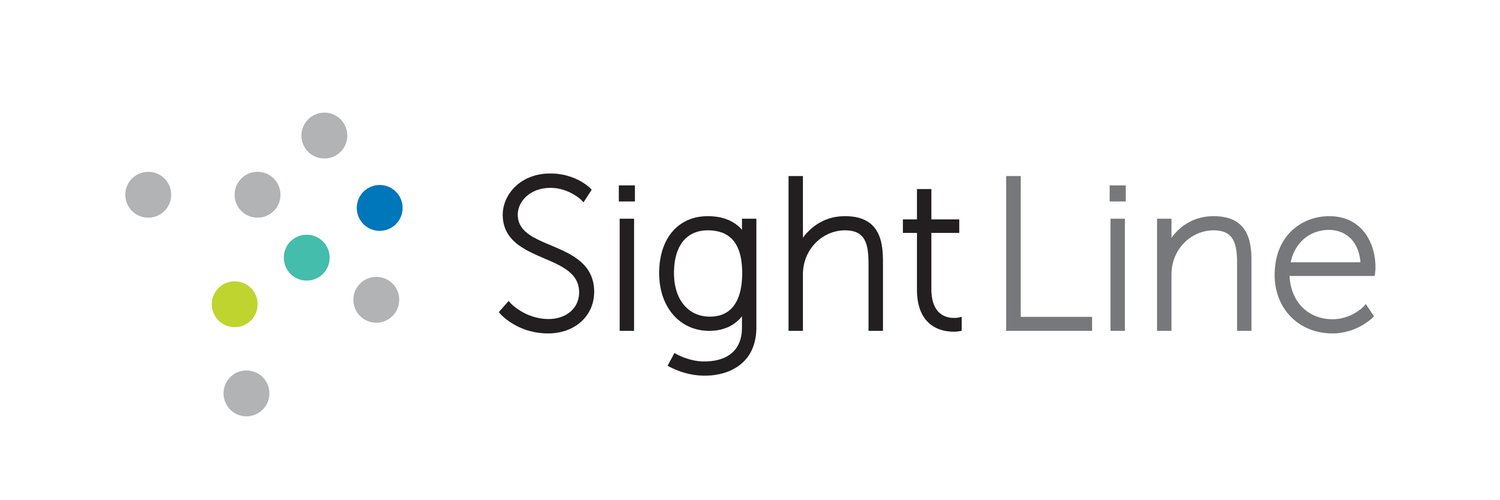How to Choose a College Major: Why Declaring Late Can Still Lead to Success
Choosing a college major is one of the first big academic decisions students make, and one of the most misunderstood. Many high school graduates believe they must declare a major before starting college to ensure success.
When I started my undergraduate degree, I was sure I had my path set: geological engineering. I thought I loved the science, the fieldwork, and the problem-solving potential. For three semesters, I stayed on track. Then, during my second semester of sophomore year, I joined a paleomagnetism research lab. Paleomagnetism is a fancy word for studying the earth’s magnetic field throughout geologic history and quite frankly was way above my head as a sophomore.
While the project connected to my geological engineering coursework, my role also focused on data analysis and statistics. I discovered I looked forward to coding sessions far more than field days and the complex science. That experience was a turning point and I realized my true passion lay in working with data.
It still took me quite a while to convince myself to change paths, but ultimately going into my senior year, I changed my major to mathematics. Thanks to broad elective requirements, most of my credits transferred, and although I took one extra semester to graduate, the choice set me on a career path I’m genuinely excited about.
Should You Declare a College Major Right Away? What the Research Says
Studies on college major choice and student retention paint a more nuanced picture than the common “declare early” advice suggests.
Declaring a major early is not always better
Dennis (2007) found that students entering college with a declared major had higher retention and graduation rates in some contexts, but the benefits varied by institution type and student demographics. Early declaration isn’t universally advantageous.
Many undeclared students do just as well
A multi-institution study (Undeclared Versus Declared: Who Is More Likely to Graduate?) showed no significant difference in graduation likelihood between students who declared at matriculation and those who waited. In some cases, undeclared students were slightly more likely to graduate, suggesting that exploration can lead to a better fit.
Switching majors doesn’t always delay graduation
The Education Advisory Board found that students who switched majors typically still graduated on time. In certain programs, switching correlated with slightly higher graduation rates because students found majors that matched their skills and interests.
Structured exploration is the key
Research on academic advising highlights the importance of need-supportive advising — guidance that helps students clarify interests, build confidence, and connect with relevant experiences. This approach ensures students gather meaningful information before committing to a field.
How to Choose a College Major: Best Practices
Based on the research, and my own experience, here’s what I think works for undecided students:
Use your first year to explore intentionally through courses that meet multiple degree requirements.
Meet regularly with academic advisors and career counselors to track progress and refine interests.
Pursue high-impact learning opportunities like research projects, internships, and service learning to test real-world fit.
Set a decision horizon — often by the end of sophomore year to keep on track for graduation and to avoid the extra semester it took me to graduate.
Treat switching majors as an informed choice, not a setback, and work with advisors to maintain credit efficiency.
Free Resource for Your Students: The MeetYourClass College Major Quiz
MeetYourClass has developed a quiz for students, trained on student interest, personality, and major data from the hundreds of thousands of students that have used the MeetYourClass platform to make their college enrollment decisions. This is a low stress way for students to explore their options!
Final Thoughts
My extra semester in college was not a delay, it was an investment in aligning my skills, interests, and long-term goals. The research is clear: students who explore intentionally, whether starting undeclared or switching majors, can achieve equal graduation outcomes compared to those who declare early without reflection.
Your major is more than a checkbox on your transcript. It’s a launchpad for your career and a framework for the kind of work you want to do. Take the time to explore, ask questions, and make the choice that’s right for you.
